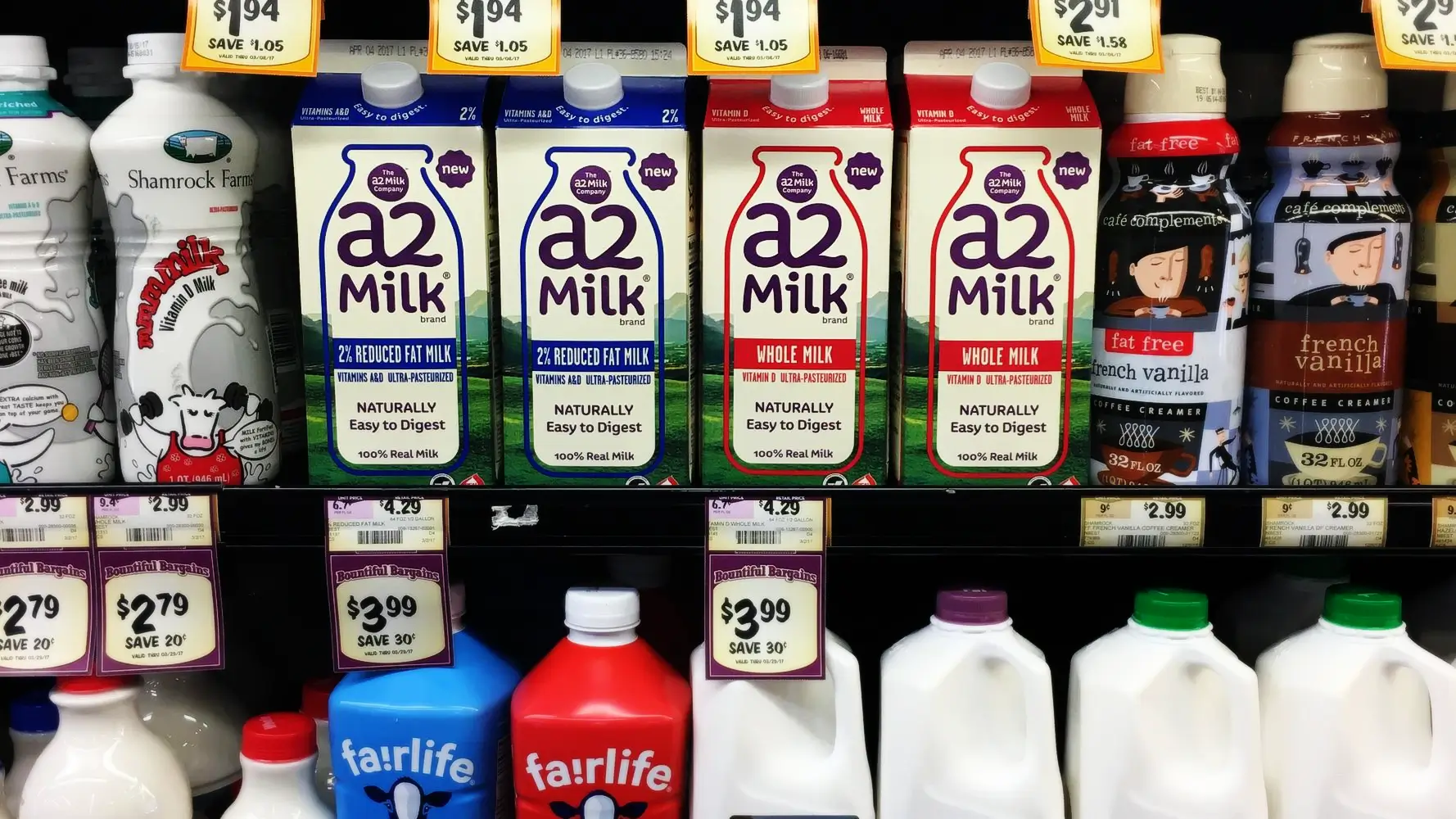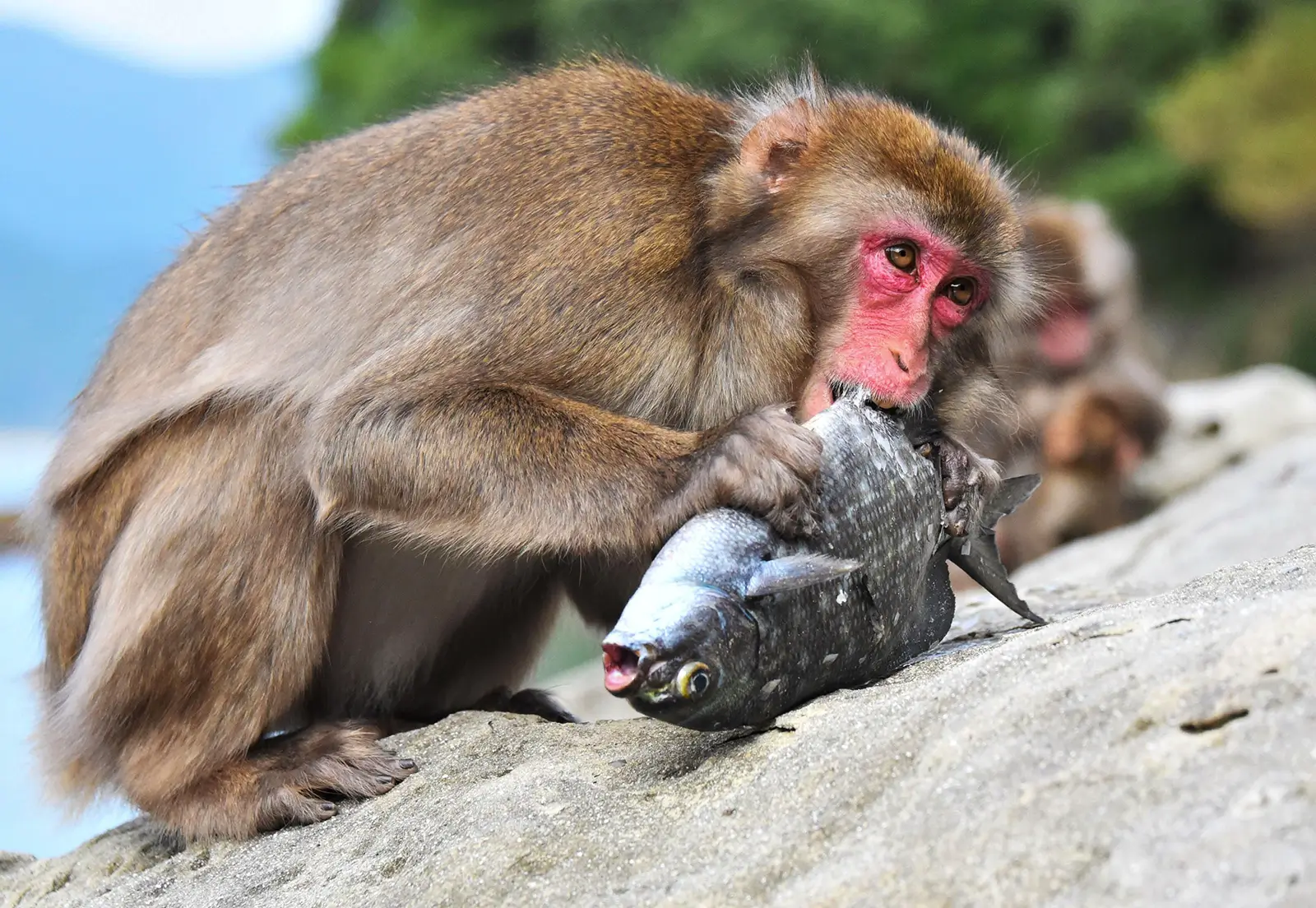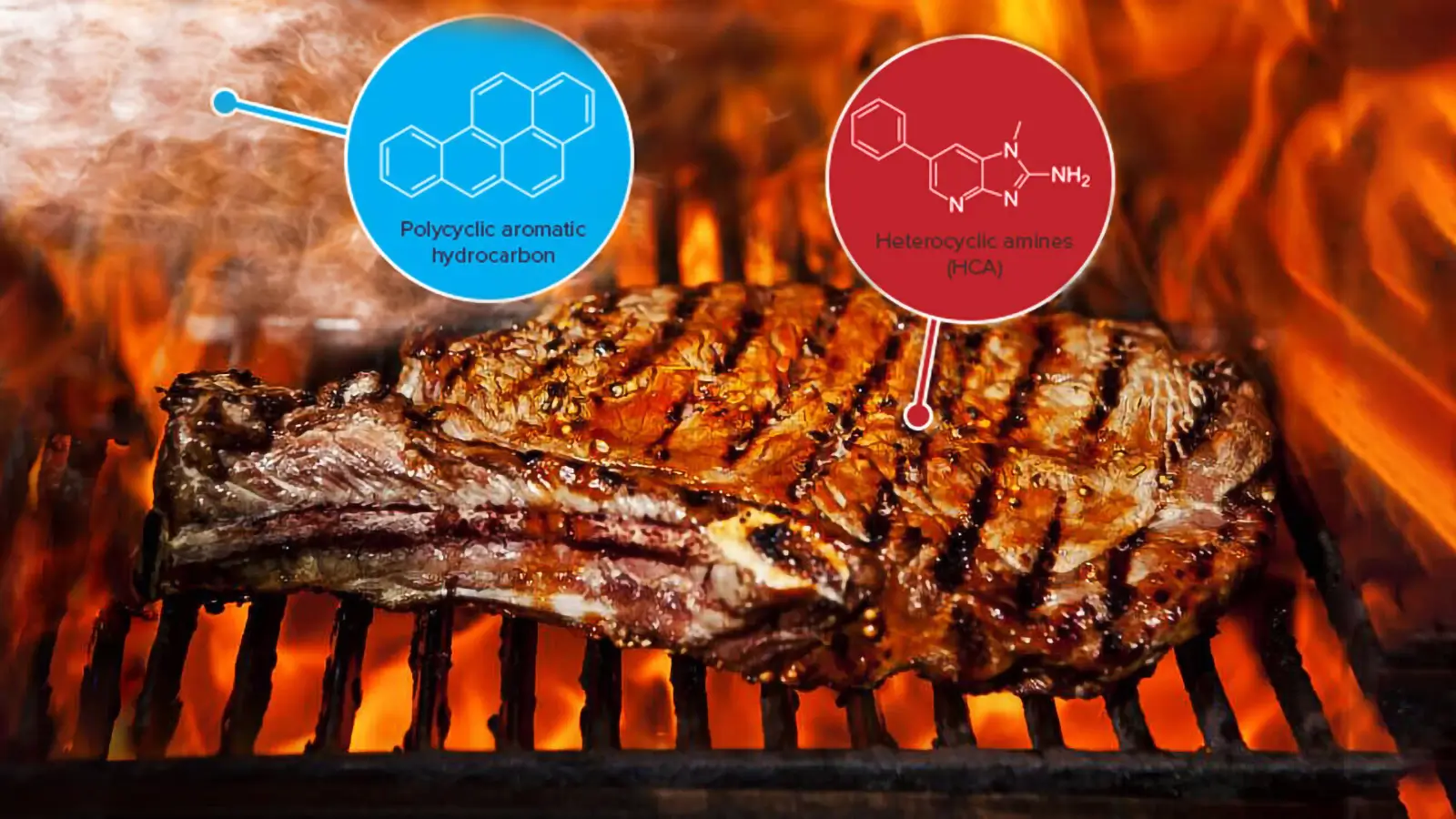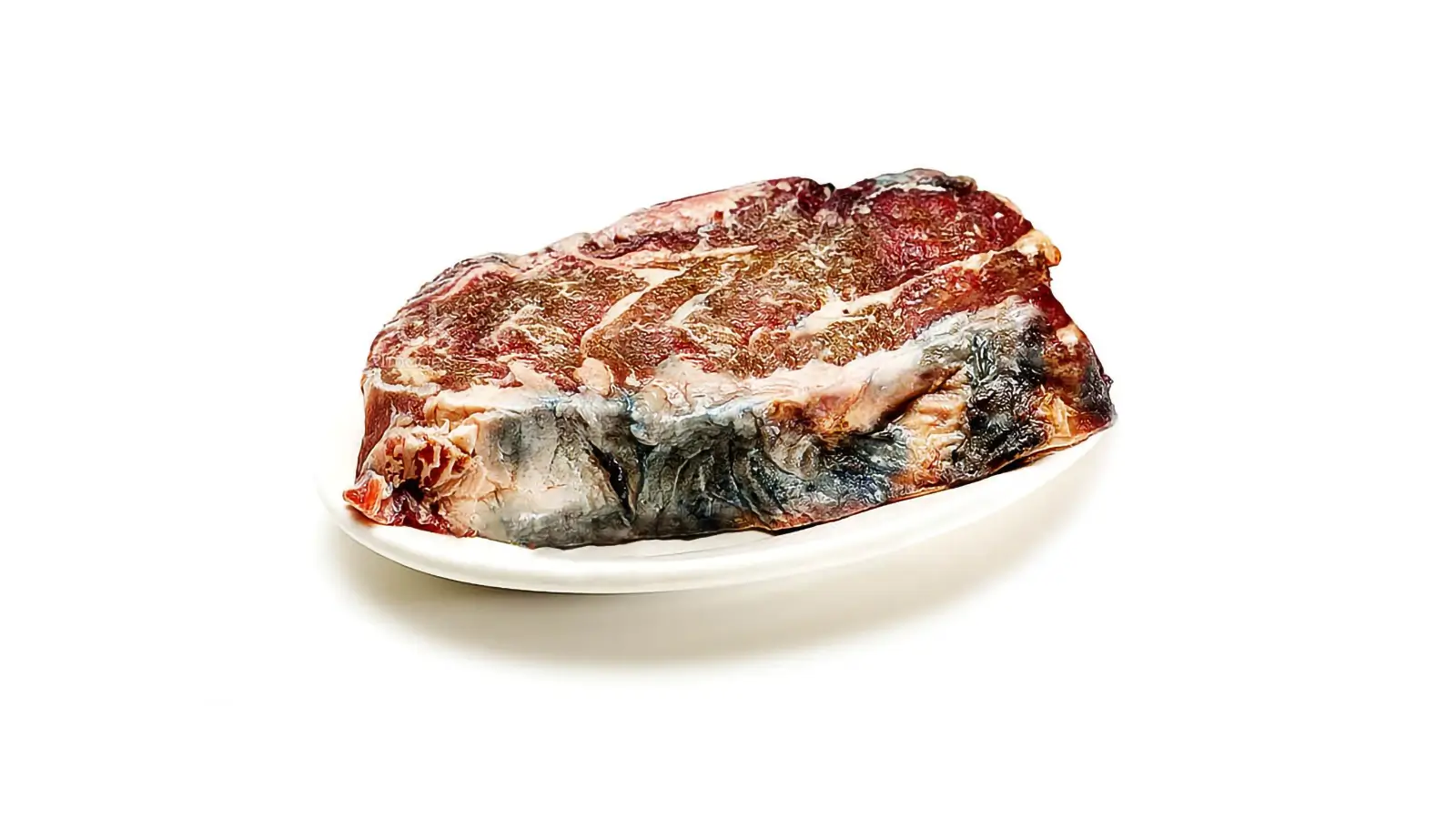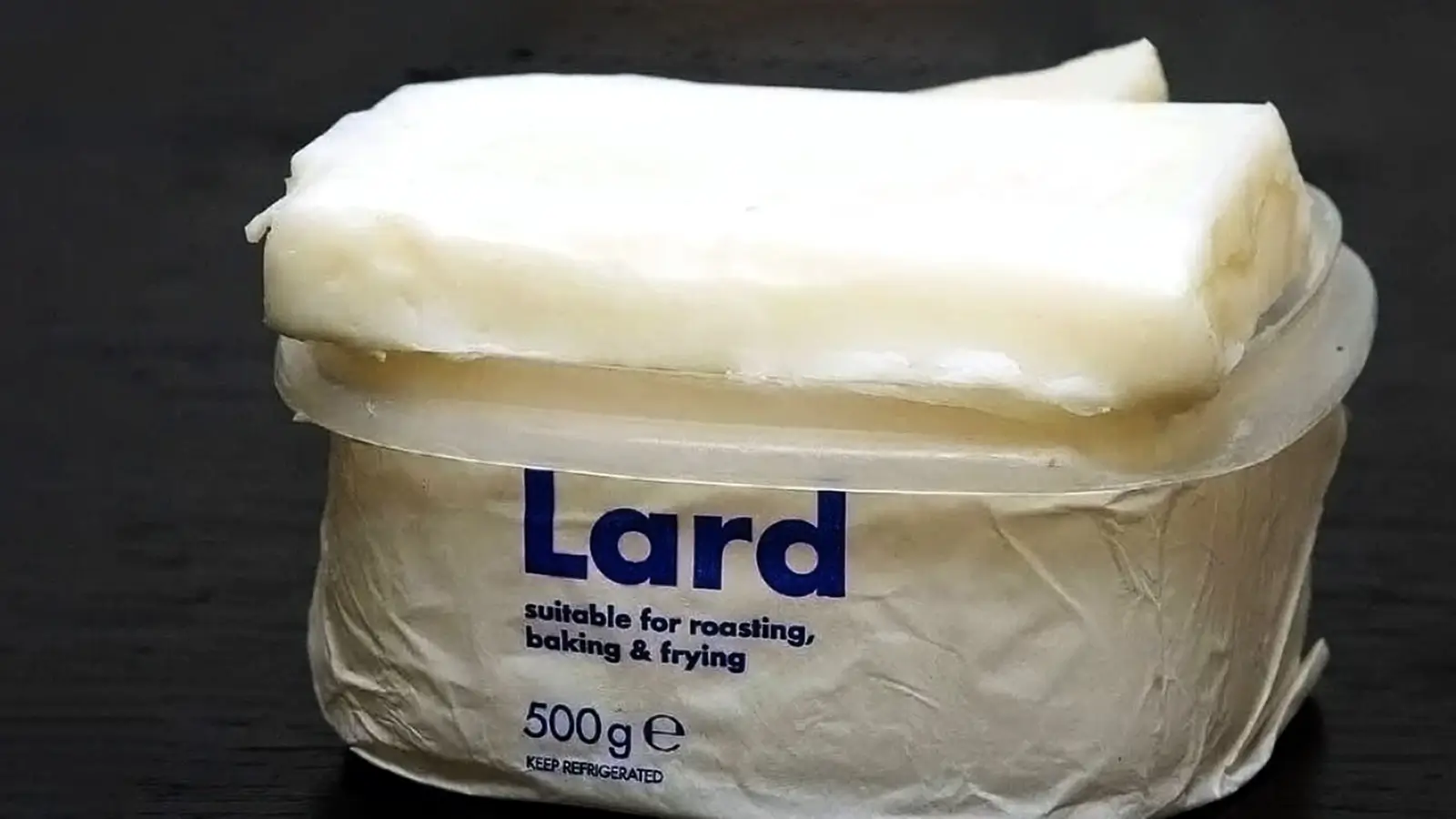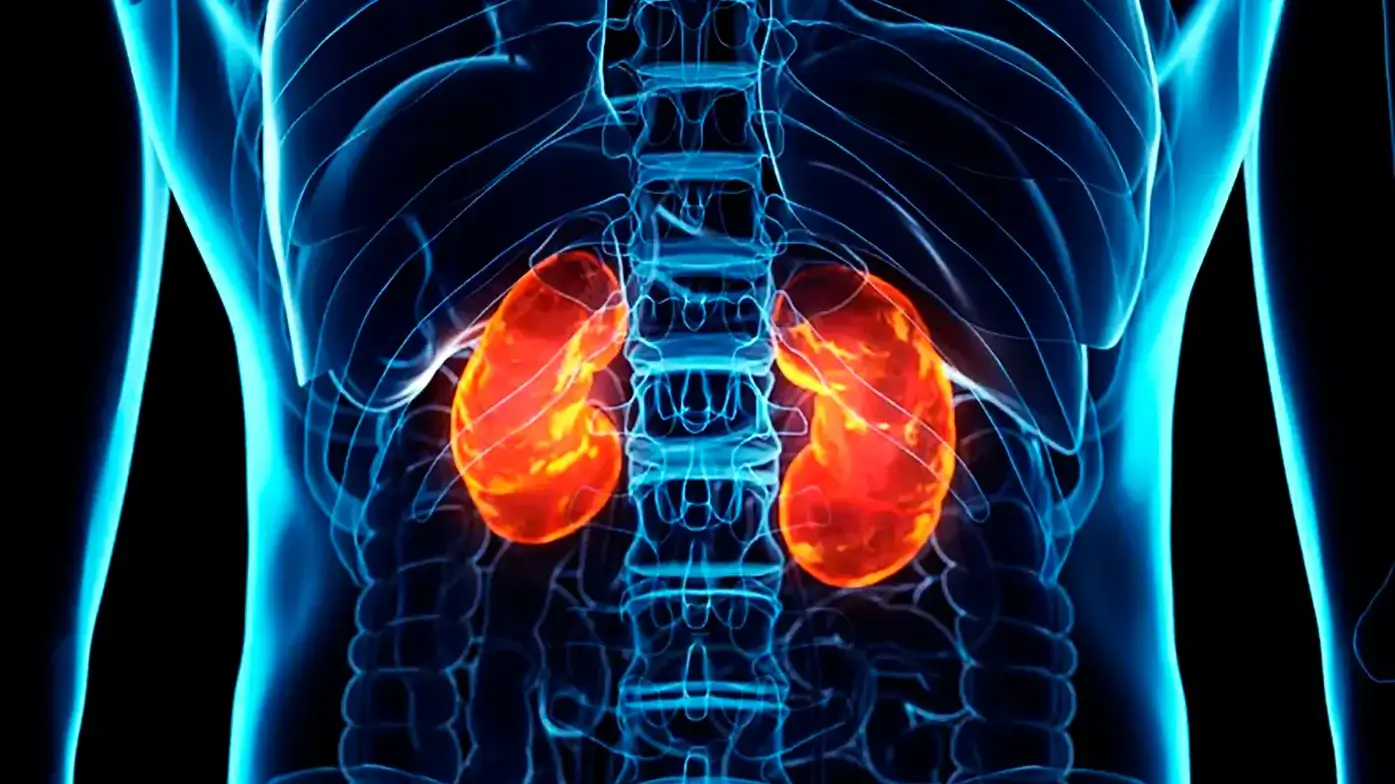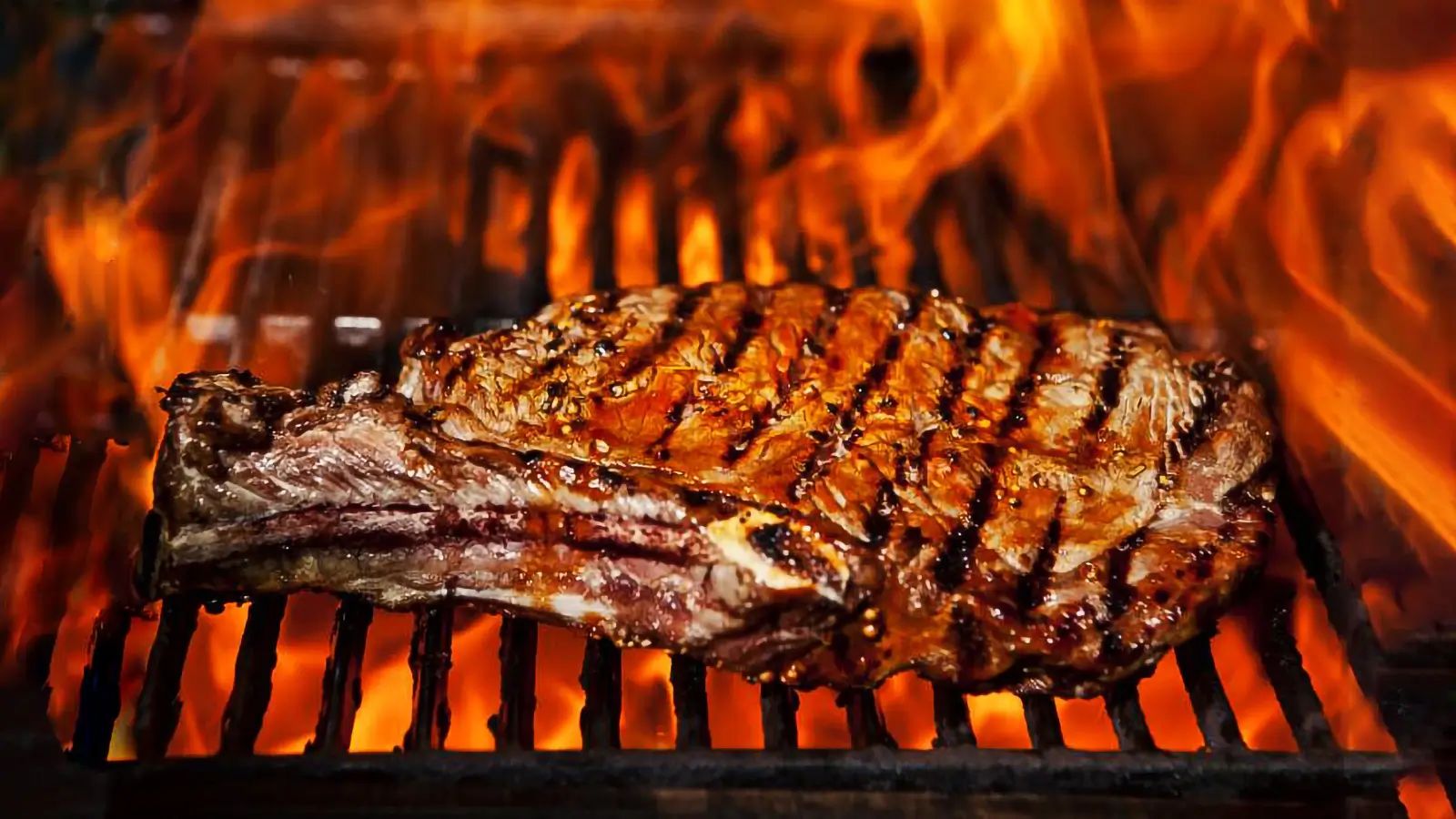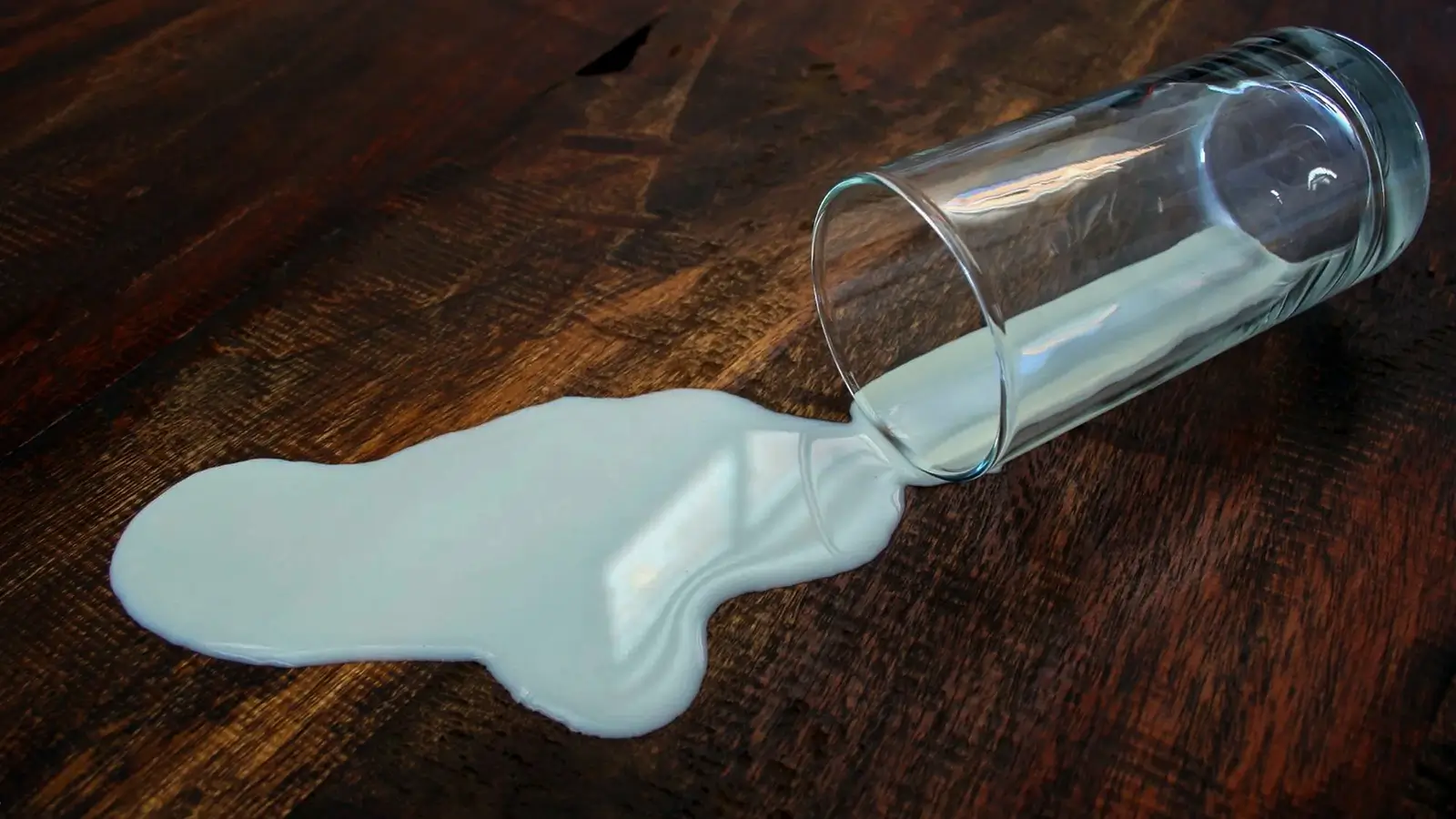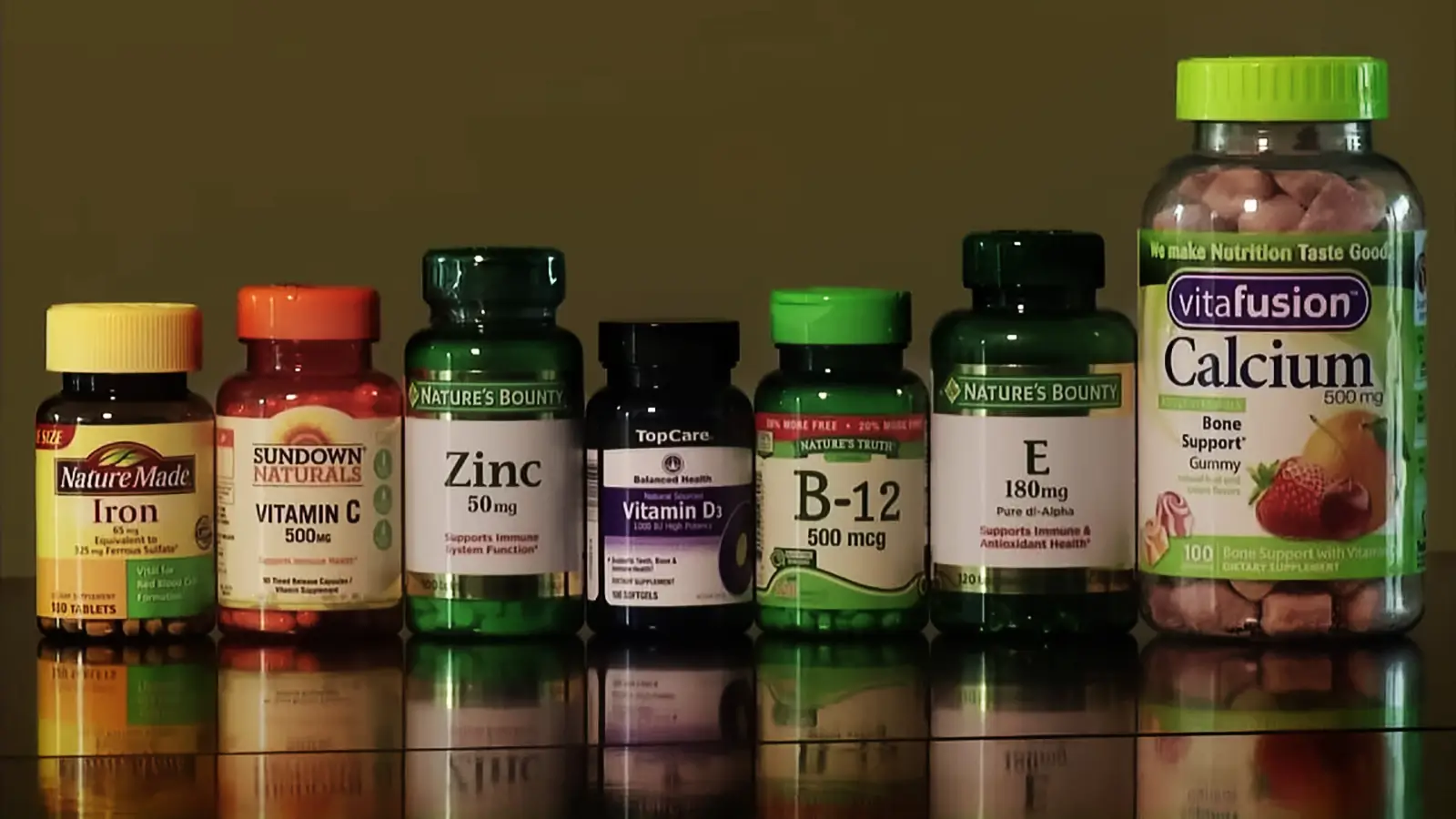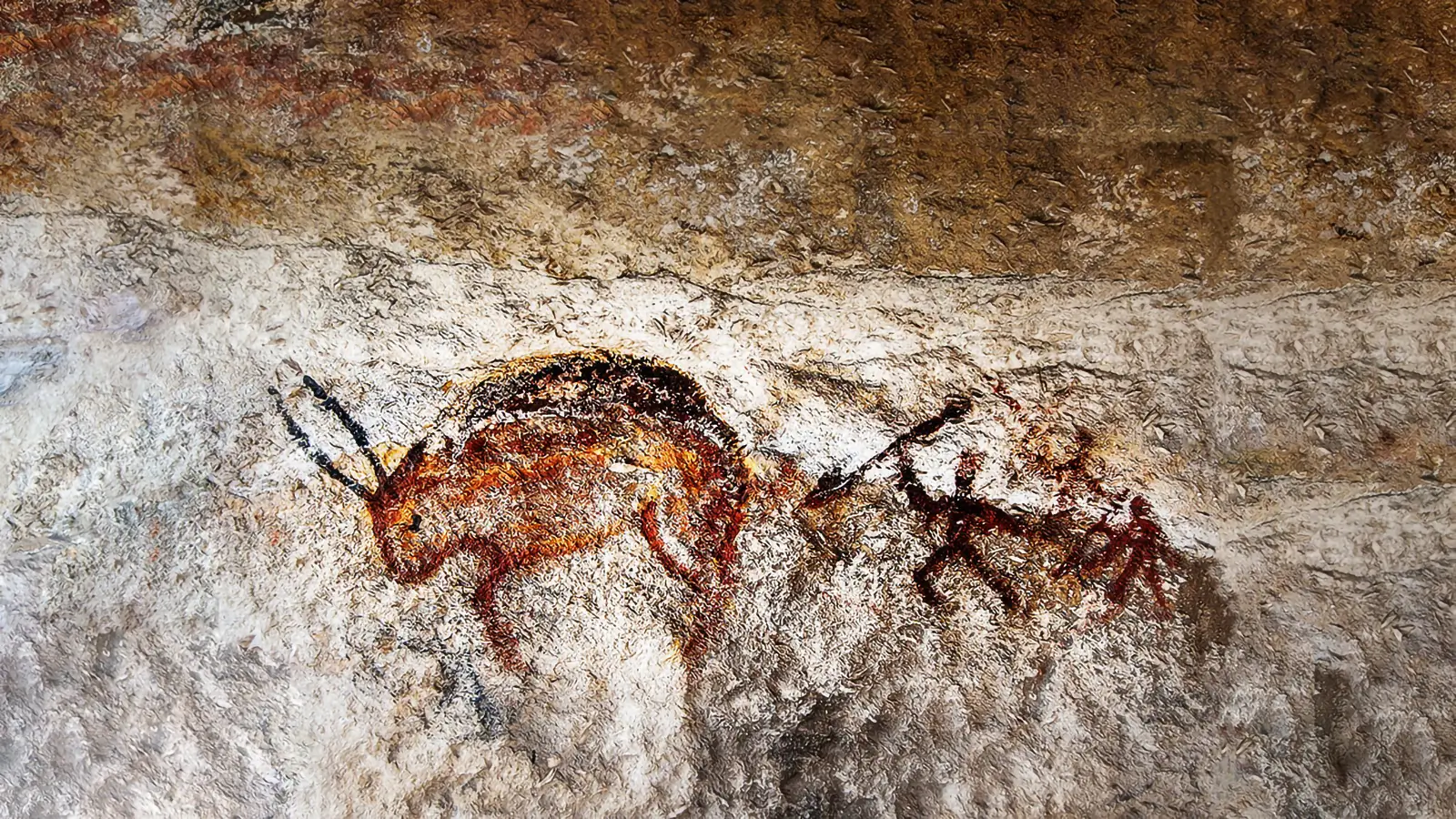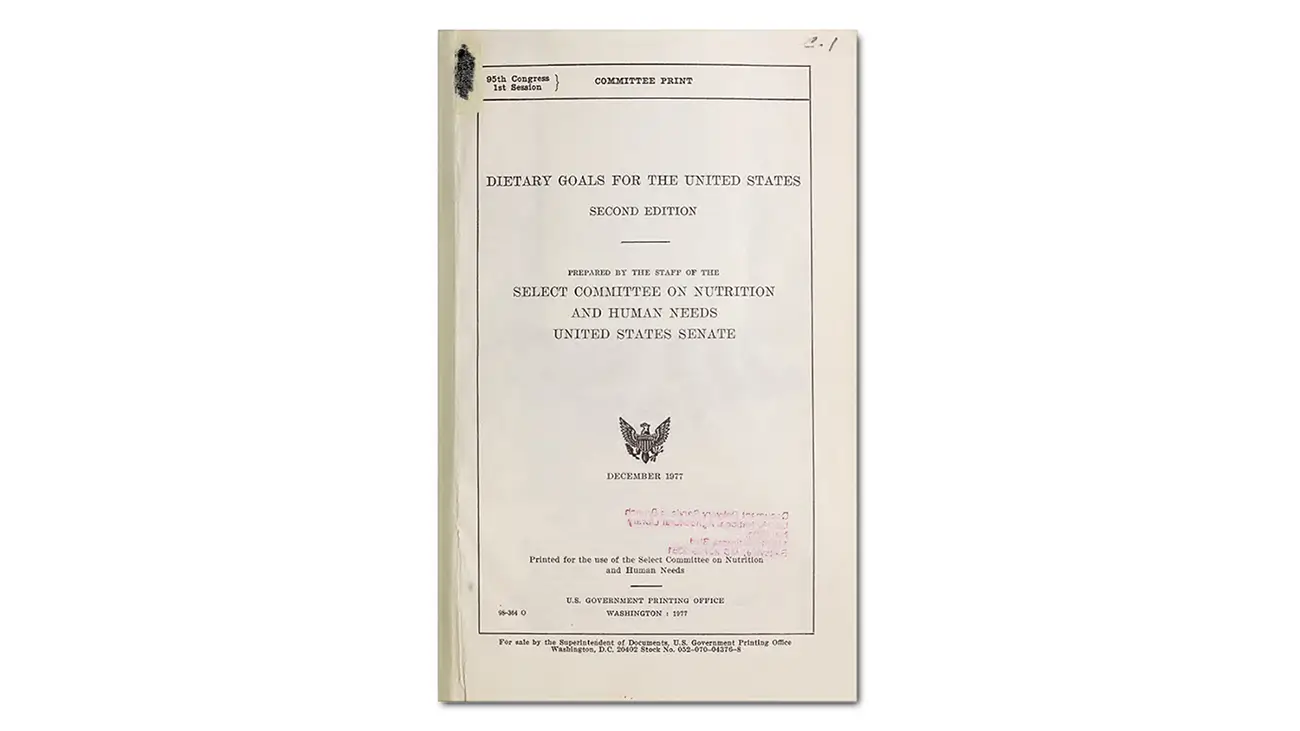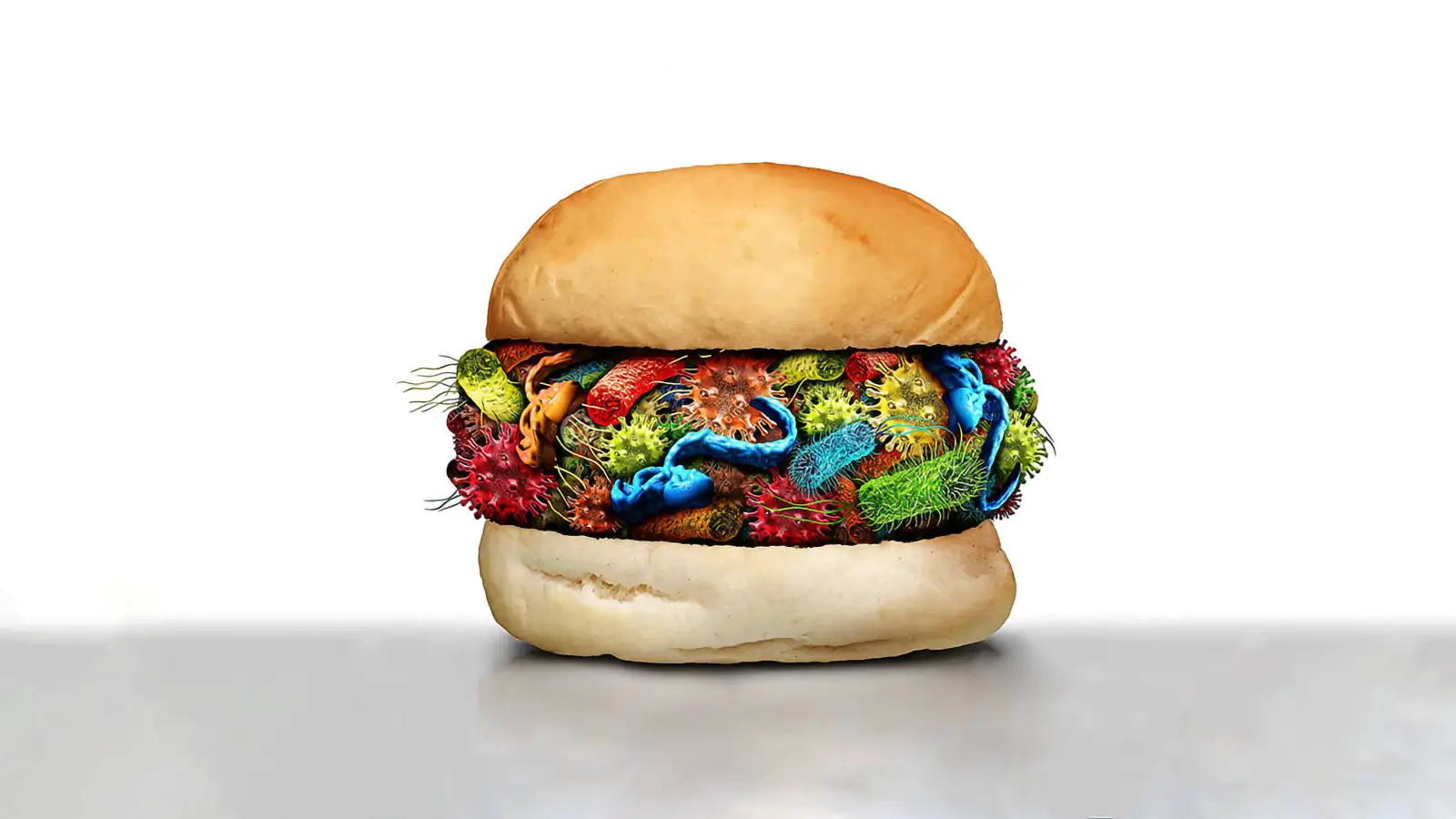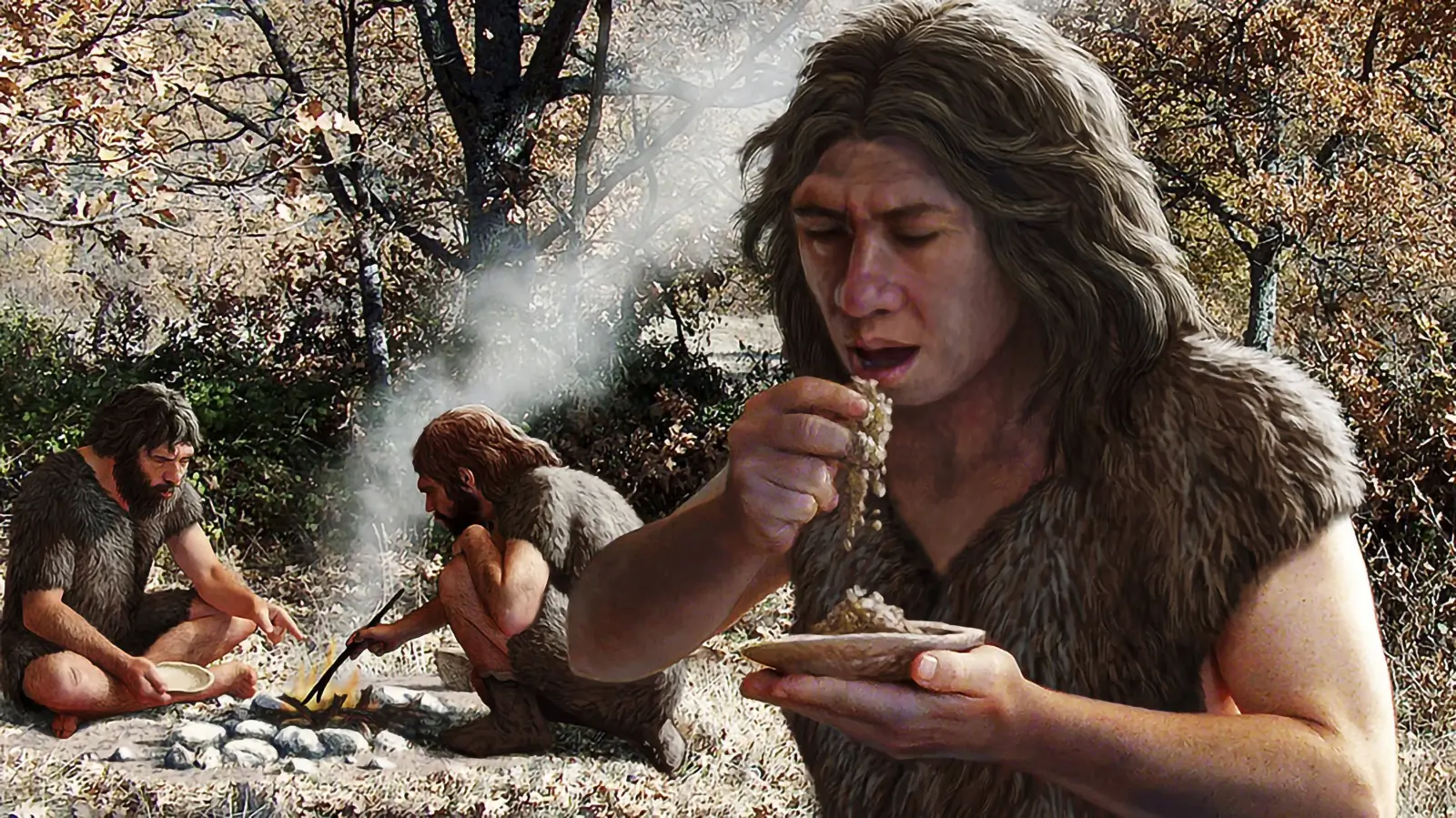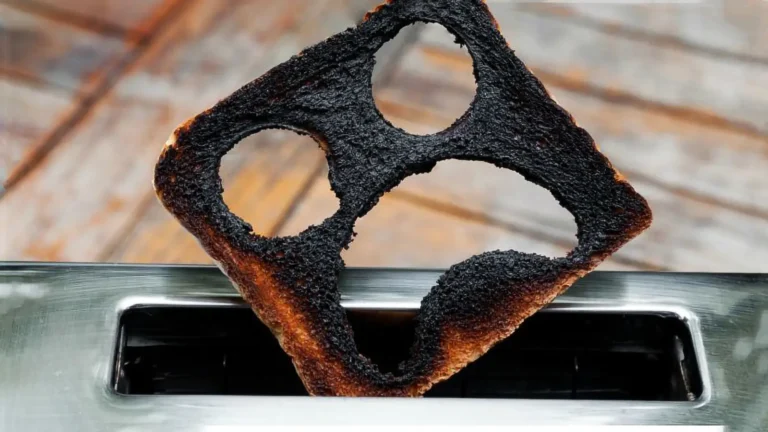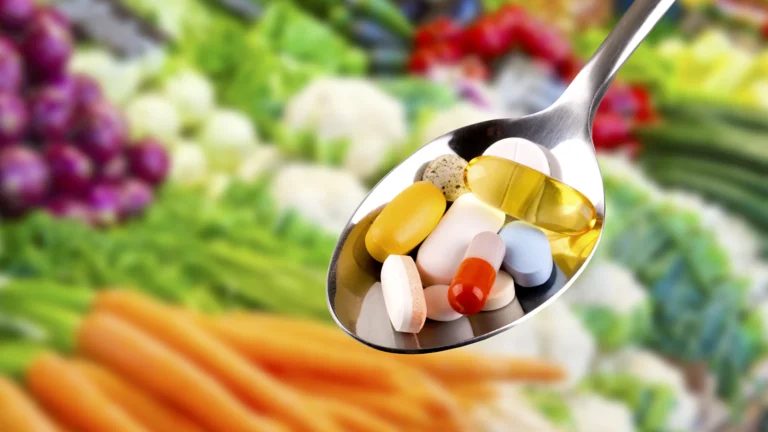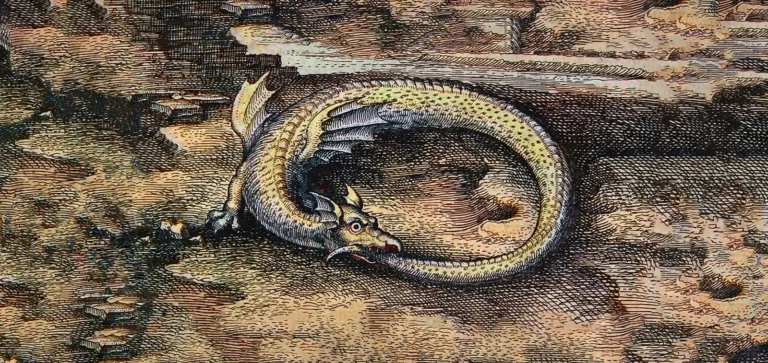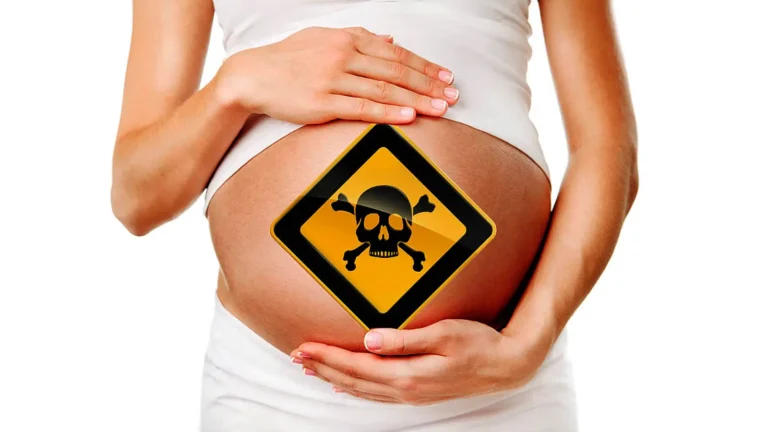Protein Requirements- Inconvenient truth
When anthropologist studies showed that hominins lived on average of 15 to 20 grams of protein a day there was a so-called a “Great protein fiasco” back in the 1970s.
Milos Pokimica
Written By: Milos Pokimica
Medically Reviewed by: Dr. Xiùying Wáng, M.D.
Updated May 28, 2023Maybe one of the most asked questions in the vegetarian and vegan movement is:
Where did you get your protein?
It is so embedded in the subconscious mind of people through all of the mainstream propaganda and marketing that protein is something essential if not the most important so if anything else we need to consume animal products to get protein. The second question is:
Ok if you do not eat meat can you get it from milk?
We have to get our protein from somewhere. If we don’t fulfill our protein requirements we will die, so if not from meat it must be milk. We will address this about milk in the correlated articles (Milk and dairy- Health risk correlations). Many people had asked me where I get my protein, and frankly, I am sick and tired of answering that question. So finally let us have a real scientific analysis of the protein issue so that you can have an adequate understanding of the entire „problem.”
If you are a vegan yourself you will know exactly what to say to people when they ask this question, so please stick around.
Firstly, in the entire nutrition community protein is excepted as something that is essential no question asked. Real enthusiasm becomes almost immediately after it was first discovered. It was called the essence of life.
In the 1890s the USDA recommended an average of 110g of dietary protein requirements per day for an average man.
In 1950 even the UN “recognized“something they called “The world protein gap” and that when looking at indigenous people “deficiency of protein in the diet is the most serious and widespread problem in the world.” Of course, America at that time had postwar “a surplus-disposal problem“ of dried milk.
There is even a disease named Kwashiorkor discovered by Dr. Cicely Williams and blamed on protein deficiency. Dr. Cicely Williams spent the latter part of her life debunking the very condition that she first discovered.
It will be later found that it has nothing to do with protein but more to do with some of the essential amino acid deficiencies due to diets dominated by one single food item with the combination of general malnutrition. It is malnutrition in general terms combined with essential amino acid deficiencies, not protein deficiency and it only happens in children and this is the current scientific consensus. But even this might be false. There’s no real scientific evidence of dietary protein deficiency meaning double-blind placebo control trials. The real reason remains unclear, but fecal transplant studies to some extent suggest changes in gut flora that may be a causal factor or one of the main factors. Even if the cause is essential amino acid deficiencies in a grown-up adult’s body would just cannibalize some of the muscle mass in order to acquire lacking amino acids due to malnutrition. And when you have malnutrition chronically and only are able to acquire a small amount of a single food item that might lack some of the amino acids then your body would not be able to combine different amino acids from different foods to create “complete” protein. There are all of the essential amines in all of the foods basically bat not in adequate amounts. To compensate for lacking amino acids we can eat more or eat different foods, not just corn but that is not what happiness in already malnourished children. It is a disease of malnourishment not a disease of protein deficiency. If these children were getting enough calories even from just corn they would not have Kwashiorkor. It is typically associated with a maize-based diet, recent weaning, measles, or diarrheal illness in combination with malnourishment. Theoretically, this might happen in developed countries as well without macro caloric malnourishment if the diet is dominated by sugar and fat and the child doesn’t eat enough variety. If for some reason you want to raise your children on fruits only it can be done as well but the child would have to eat at least five to ten different fruits every day in combination with green leafy vegetables. This is the natural diet for more than 85% of primates today. Green leaves have all essential amino acids in adequate amounts per calorie. All vegetables unlike fruits have too much sugar and low protein per calorie because of the sugar. There was one case of a 5-year-old British child of Caucasian origin with Kwashiorkor (Lunn et al., 1998).
”Plasma albumin concentration was 16 g/I and the plasma amino acid pattern, which revealed markedly reduced levels of essential but normal to high non-essential amino acids, was similar to that described in kwashiorkor in Uganda.
A dietary history revealed that for about 2 years the child’s diet had contained very little protein but adequate energy and had been supplemented with multivitamin pills.”
(Lunn et al., 1998)

The first blow to protein worship came when anthropologist studies showed that hominins lived on an average of 15 to 20 grams of protein a day. The protein requirements in evolutionary terms were much less than protein requirements labeled by modern science. There were only two options at that point. The science about protein requirements was wrong and/or anthropologist science about hominids’ protein requirements was wrong. It resulted in the so-called “Great protein fiasco” back in the 1970s.
Industry and big pharma did not like that. There were massive recalculations and reductions in human protein requirements. The so-called “world protein gap“ was mentioned no more. It disappeared like it never existed.
For example, an infant’s protein requirement in 1948 was at 13 percent of daily calories and in 1974 protein requirement was at 5.4 percent of calories.
However, still, there are no real numbers, and do not add up to the evolution of our species. It was as high as an industry can get away with. To this day there are paleo, keto, and so on diet people that are obsessing about protein. If you like them protein is a must. No debate there. All we can talk about really is fat and carbs. If you need your protein to be “adequate“ then what is left is fat and carbohydrates. You can have a high-carb diet and low-fat or another way around a high-fat keto low-carb diet.
So, what is your diet? What is the healthiest? Did you ever hear of a low-protein diet or a high-protein diet?
Maybe if you are into bodybuilding or have kidney failure. Three macronutrients are protein, fat, and carbohydrates but no nutritional expert will ever tell you the truth about protein. They are not paid to do so. They will talk about everything they can except the real amount of protein your body needs. Everybody talks about fats and carbs, but suspiciously enough nobody talks about protein.
The only thing you will hear it is essential for life, the building blocks of every cell on earth and you need the most you can get because the more you get it, the better.
A typical American can eat on a regular basis more than 90 grams of protein a day (Fulgoni, 2008). Bodybuilders due to the marketing will end up eating up to 200 grams of protein a day. That is not health-promoting by any standard, but that is not what the industry says to these people. They say the more, the better. The more protein, the faster the muscle will grow. That is, by the way, another lie.
And why did the industry do that?
Well, first so that you will overeat on „high quality” protein because your body needs it. Because of overblown protein requirements, your diet will be focused on meat and dairy. However, the second reason is whey. It was a waste product that the industry dumped down the sewage until someone got the idea to sell it to bodybuilders. So they dehydrated the whey and what was left was dead bacteria with protein. Now you will pay a lot of money to get that waste protein powder so that you will have more protein in your diet. Something you do not need. It is all a scam. Every single thing, and by reading this article to the end you will understand why.
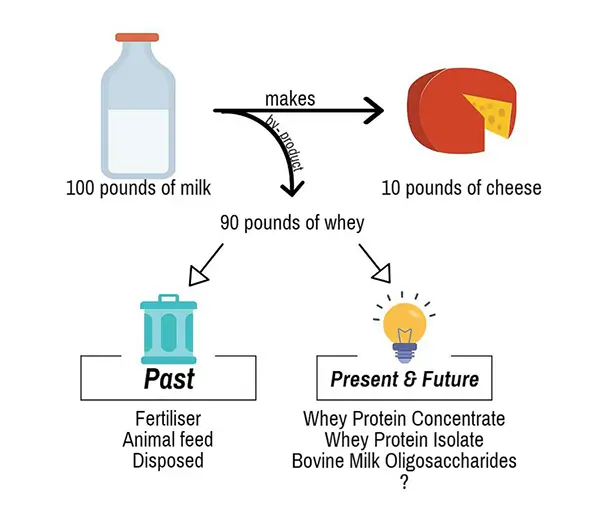
Why don’t we first look around the world and see where the protein is? The first thing to understand is that all protein on this planet is created by plants. Every single amino acid in every cell of every animal on this planet is derived from plants that made it in the first place. Animals are just users, and animals do not create anything. Plants do. Animals consume plants and then other animals consume animals.
There is no plant vs animal protein debate. It is all plant protein and always has been.
In nature hominins were tropical creatures so where is the protein there? If we look at our ancestor’s species and the indigenous people of today what can we see?
If we look at our real ancestors, meaning hominins in warm climates where we evolve, and look where and how much protein they get in their diets we will realize that hominins did not have a diet that was focused on protein, only Neanderthals did in the far North due to the climate. However, for us, it is a completely different story.
Before technology allowed humans to go above 40 parallel what do you think how much protein did we eat on a regular basis?
The short answer would be around 10 to 20 grams on average in a day. And all or at least 97% of the protein was plant-based and around 3% from animal origin.
Anthropological evidence shows that for most of the hominin evolution protein was never consumed in the amount that we have today. And all of the hominin species were vegan and all of the primates were as well. So how we can thrive on low-level and low-quality protein sources?
What happens is that we have a reserve of amino acids and when we eat protein it gets digested into individual amines that would be stored in that reserve. What we need is to eat different types of plant-based species with different amino acid profiles and our body will create a complete protein. We create complete protein in our body so you don’t have to eat copulate protein outside of your body whatsoever, just a couple of different plants and that is it.
For most of our evolution and this is around 50 million years our diet was pretty close to the diet of today’s living primates. The protein requirements in the diet were at the level that by today’s standards would be considered severely inadequate, but only in media. When you talk to real scientists that know about autophagy they will say to you that even that number is more than enough. Because most of the keto paleo bodybuilder type of people and average people, in general, lack a scientific background they are mostly manipulated. I will say that almost all people that think that they need protein in their diet never hear the word autophagy.
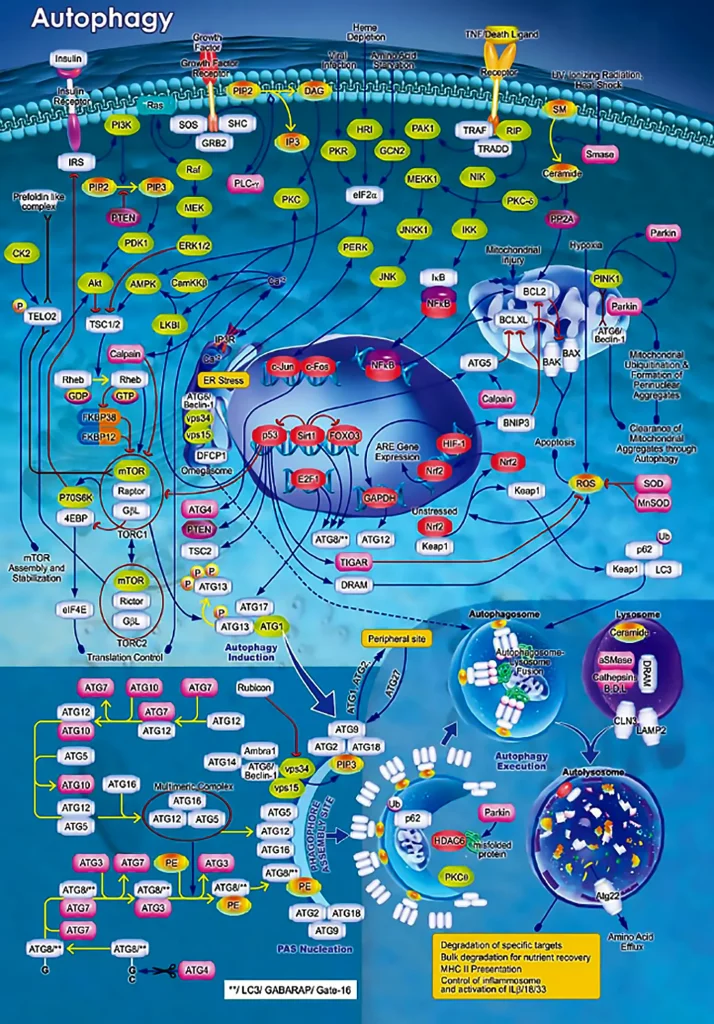
The way our body works is that because there is scarcity in nature we have evolved to save everything that can be saved. Every single thing that we can save will have a dramatic influence on our chance for survival in the world without technology that has lasted for more than 50 million years of our evolution. The same thing is with protein.
Our body saves protein. It is the process of autophagy.
What this means is that you eat yourself every day. Every cell in our body is made out of protein and when cells die they will be recycled. And this is not the same as fake recycling like plastic but real recycling that is 100 percent efficient. Auto means self and phagy means eating. We eat ourselves every day.
The only cells that we lose physically are the cells that would not be recycled and these include hair and nails and skin that physically leave our body. Everything else is recycled.
And this is a big truth that somehow most nutritionists and doctors and the entire supplement market and industry conveniently forget.
We don’t need protein to live. We recycle protein. We need to replace the protein that has left our body in a form of dead skin, hair, and nails. That is a couple of grams in one day.
That is the truth.
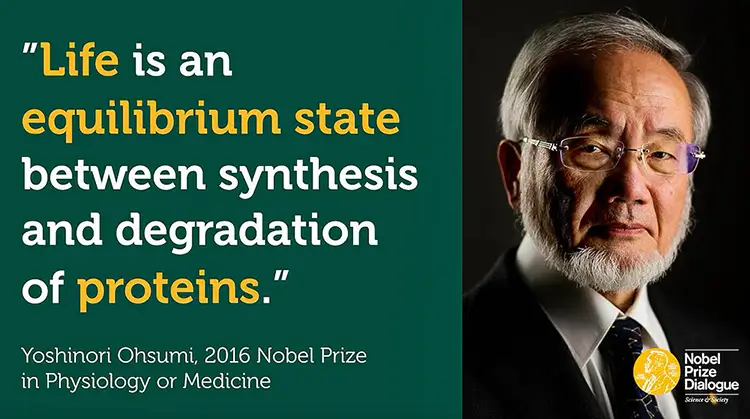
We have adapted to save amino acids and we have adapted to use protein recycling in a time of constant scarcity but what we have today is an environment that is not congruent with our physiology and when we overeat on protein-rich foods on a constant basis it would have severe implication on our health.
Excessive protein would create excessive hormonal signaling in a form of IGF-1 and mTOR and would stop autophagy. This would lead to the accumulation of demerged cells in time and the development of mutations. This is correlated not just with cancer but with a wide range of diseases. In the past scarcity forced our hominin ancestors to fast but what we have today is just a cancer epidemic.
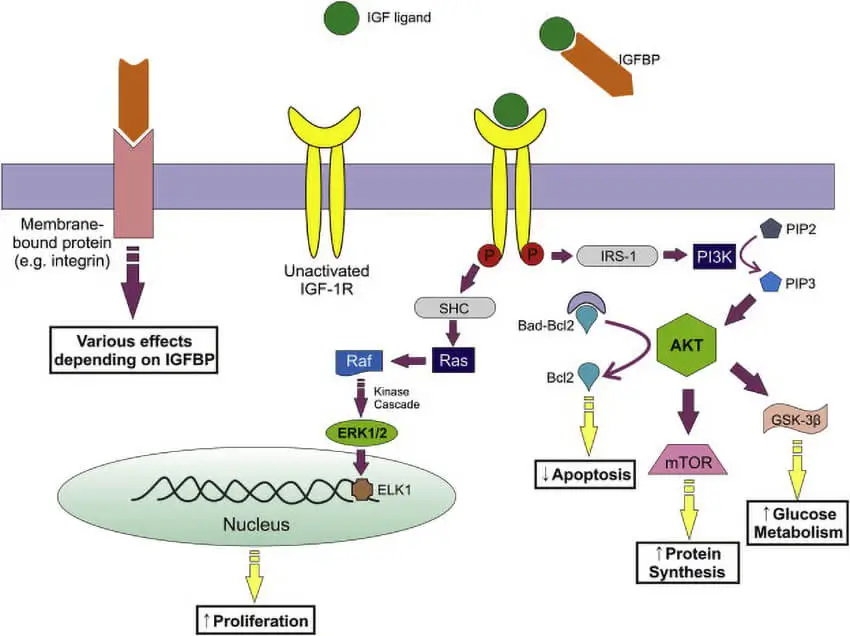
If we look at statistical data from medicine in the developed world what would we find? The real truth is that throughout the entire medical practice history so far there were very few almost negligible cases of protein deficiency. There are millions of people dying from calorie deficiency meaning regular hunger but protein deficiency just by itself with enough other calories consumed no. Does not exist. There is only a case in veterinary practice when they feed cows with corn that lack one specific amino acid. There is 0.02 g amount of Tryptophan (Trp) standard amino acid in 100 g, grams portion amount of Corn, and corn is not regular cow food so low levels of Tryptophan in cattle diet can make them restless because the brain is using Tryptophan to make serotonin, a happiness hormone. A corn diet is a diet that will make cattle “depressed.” That is the only case of amino acid deficiency with adequate amounts of caloric intake that I know about.
This entire story about lacking amino acids and completeness is just a marketing myth, and I am not kidding. It started in the February 75 issue of Vogue magazine where some paid scientists made a recommendation that combining different plant proteins can create a complete one that our bodies need.

The “Complementary proteins“ myth was born and is still well alive and kicking. So what now, you still think plant proteins are not as good, and you need to eat complete protein from animal sources or at least do “complementary proteins“ combining?
Our own bodies evolved not to be stupid. We have a reserve pool of all essential amino acids disregarding almost 90 grams of proteins that our bodies recycle every day. Even if you want to do a study to design a diet from whole plant foods that will be sufficient in calories but insufficient in protein it would be scientifically impossible to do so. We can survive just eating rice or potatoes and nothing else indefinitely. For potatoes, an example would be Ireland before the potato famine where there is a single crop that managed to sustain the entire nation, and for rice entire Asian continent.

There might be some other nutrition deficit but protein or any particular amino acid no. Even carrot juice has 2 percent of protein making it sufficient for survival.
What you need to do is forget about protein. Forget that it exists. It is just a marketing scam, basically, that is what it is. You will never be deficient in protein even if you are on a fruitarian diet even if you want to design the diet to be protein deficient it is almost impossible. We and almost half of the planet until recently ate nothing but rice and had never been protein deficient.
The is no protein deficiency in the undeveloped world where the diet is still vegan diet dominated by starch. There is not much protein by modern standards in rice. Or how about this? Every human civilization from down of time or in more scientific terminology, from the Neolithic revolution to the time of the discovery of synthetic fertilizer 70 years ago was thriving on a starch-based “low protein” vegan diet. All of the human civilization for entire human history.
Still, do you think protein is important?
Ok, what will happen if you don’t eat protein in any form for an entire year at all? Would you develop Kwashiorkor?
We have obligatory 25 grams we need, that is what conventional medical science is telling us now. This is excessive but for most people, even this excessive number is extremely low and would actually cause something I like to call protein anxiety.
What would happen if we do not eat protein at all for an entire year, not one gram of it?
By the way, 100 grams of tissue is not 100 grams of protein, it is about 22 to 25. The rest of it is water and fat. If you do not eat protein for a month and do water fasting would you lose normal tissue besides fat as conventional medical science seems to propose?
And the answer is no.
You will only lose fat and some amino acids or muscle mass initially. And now I know I am going against the entire western civilization so let us remember one study I already mention in part 1 of the book series. There was a case of a morbidly obese 27-year-old Scottish man named Angus Barbieri who water fasted for an entire year under medical supervision study (Stewart et al., 1973). He was given vitamin supplements daily. No calories, no protein. From day 93 to day 162, he was given potassium and from day 345 to day 355 only he was given 2,5 g of table salt daily. No other drug treatment was given.
However, wait where is the protein?
Where are the obligatory 25 grams of it? The patient lost 276 pounds during his 382 days of dieting but wait how is he still alive? According to medical science obligatory protein is a must. How many pounds of muscle tissue did he lose if 25 grams of obligatory protein is 100 grams of normal tissue? Did the patient develop Kwashiorkor?
Well, he did not lose muscle or tissue.
He just lost fat, and the protein got recycled for an entire year. He might have lost some of the muscle, but that is it. So let me ask again.
How much protein do we need to eat to live? How about the quality or completeness of the protein?
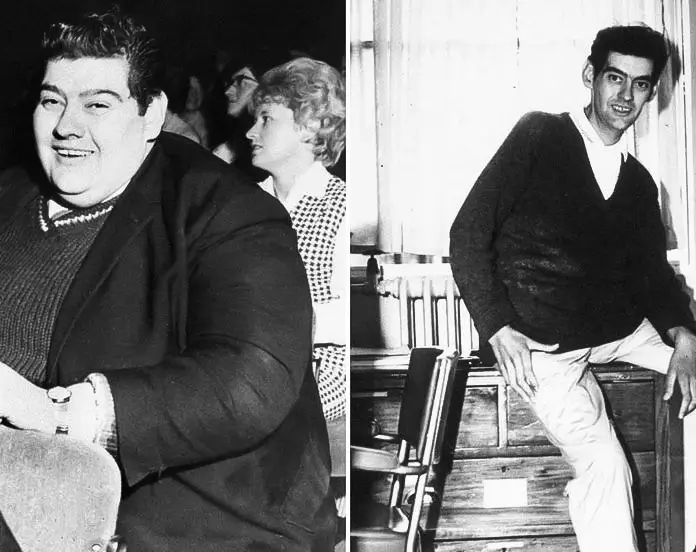
The more likely we will suffer from an excess protein that can cause a wide range of problems from increased cancer risk, precipitated progression of coronary artery disease, disorders of liver function, disorders of renal function, and disorders of bone and calcium homeostasis (Delimaris, 2013). The best thing to do is I will write this again, forget that you have ever heard the word protein.
Start thinking mineral deficiencies, start thinking fiber, start thinking antioxidant deficiencies.
Green leafy vegetables are not considered a good source of protein by whom? The cattle industry.
What about minerals? Do green leafy vegetables have abundant minerals so that we do not need to develop special mechanisms to try to absorb them actively? We have shifted our diet, and that is exactly what we can see in the average population. An overabundance of cancer-promoting and toxifying proteins and deficiency in minerals and fiber in around 97 percent of the American population. Too much protein, too little minerals, phytochemicals, and fiber because in the past and what I mean 50 million years of hominin evolution, our diet was 97 percent plant-based and 3 percent animal-based.
References:
- Lunn, P. G., Morley, C. J., & Neale, G. (1998). A case of kwashiorkor in the UK. Clinical nutrition (Edinburgh, Scotland), 17(3), 131–133. https://doi.org/10.1016/s0261-5614(98)80007-1
- Fulgoni, V. L. (2008). Current protein intake in America: Analysis of the National Health and Nutrition Examination Survey, 2003–2004. The American Journal of Clinical Nutrition, 87(5), 1554S-1557S. https://doi.org/10.1093/ajcn/87.5.1554S
- Stewart, W. K., & Fleming, L. W. (1973). Features of a successful therapeutic fast of 382 days’ duration. Postgraduate medical journal, 49(569), 203–209. https://doi.org/10.1136/pgmj.49.569.203
- Delimaris I. (2013). Adverse Effects Associated with Protein Intake above the Recommended Dietary Allowance for Adults. ISRN nutrition, 2013, 126929. https://doi.org/10.5402/2013/126929
Related Posts
Do you have any questions about nutrition and health?
I would love to hear from you and answer them in my next post. I appreciate your input and opinion and I look forward to hearing from you soon. I also invite you to follow us on Facebook, Instagram, and Pinterest for more diet, nutrition, and health content. You can leave a comment there and connect with other health enthusiasts, share your tips and experiences, and get support and encouragement from our team and community.
I hope that this post was informative and enjoyable for you and that you are prepared to apply the insights you learned. If you found this post helpful, please share it with your friends and family who might also benefit from it. You never know who might need some guidance and support on their health journey.
– You Might Also Like –

Learn About Nutrition
Milos Pokimica is a doctor of natural medicine, clinical nutritionist, medical health and nutrition writer, and nutritional science advisor. Author of the book series Go Vegan? Review of Science, he also operates the natural health website GoVeganWay.com
Medical Disclaimer
GoVeganWay.com brings you reviews of the latest nutrition and health-related research. The information provided represents the personal opinion of the author and is not intended nor implied to be a substitute for professional medical advice, diagnosis, or treatment. The information provided is for informational purposes only and is not intended to serve as a substitute for the consultation, diagnosis, and/or medical treatment of a qualified physician or healthcare provider.NEVER DISREGARD PROFESSIONAL MEDICAL ADVICE OR DELAY SEEKING MEDICAL TREATMENT BECAUSE OF SOMETHING YOU HAVE READ ON OR ACCESSED THROUGH GoVeganWay.com
NEVER APPLY ANY LIFESTYLE CHANGES OR ANY CHANGES AT ALL AS A CONSEQUENCE OF SOMETHING YOU HAVE READ IN GoVeganWay.com BEFORE CONSULTING LICENCED MEDICAL PRACTITIONER.
In the event of a medical emergency, call a doctor or 911 immediately. GoVeganWay.com does not recommend or endorse any specific groups, organizations, tests, physicians, products, procedures, opinions, or other information that may be mentioned inside.
Editor Picks –
Milos Pokimica is a health and nutrition writer and nutritional science advisor. Author of the book series Go Vegan? Review of Science, he also operates the natural health website GoVeganWay.com
Latest Articles –
Top Health News — ScienceDaily
- The overlooked nutrition risk of Ozempic and Wegovyon February 4, 2026
Popular weight-loss drugs like Ozempic and Wegovy can dramatically curb appetite, but experts warn many users are flying blind when it comes to nutrition. New research suggests people taking these medications may not be getting enough guidance on protein, vitamins, and overall diet quality, increasing the risk of muscle loss and nutrient deficiencies.
- A 25-year study found an unexpected link between cheese and dementiaon February 4, 2026
A massive Swedish study tracking nearly 28,000 people for 25 years found an unexpected link between full-fat dairy and brain health. Among adults without a genetic risk for Alzheimer’s, eating more full-fat cheese was associated with a noticeably lower risk of developing the disease, while higher cream intake was tied to reduced dementia risk overall. The findings challenge decades of low-fat dietary advice but come with important caveats.
- MIT’s new brain tool could finally explain consciousnesson February 4, 2026
Scientists still don’t know how the brain turns physical activity into thoughts, feelings, and awareness—but a powerful new tool may help crack the mystery. Researchers at MIT are exploring transcranial focused ultrasound, a noninvasive technology that can precisely stimulate deep regions of the brain that were previously off-limits. In a new “roadmap” paper, they explain how this method could finally let scientists test cause-and-effect in consciousness research, not just observe […]
- Why heart disease risk in type 2 diabetes looks different for men and womenon February 4, 2026
Scientists are digging into why heart disease risk in type 2 diabetes differs between men and women—and sex hormones may be part of the story. In a large Johns Hopkins study, men with higher testosterone had lower heart disease risk, while rising estradiol levels were linked to higher risk. These hormone effects were not seen in women. The results point toward more personalized approaches to heart disease prevention in diabetes.
- Sound machines might be making your sleep worseon February 4, 2026
Sound machines may not be the sleep saviors many believe. Researchers found that pink noise significantly reduced REM sleep, while simple earplugs did a better job protecting deep, restorative sleep from traffic noise. When pink noise was combined with outside noise, sleep quality dropped even further. The results suggest that popular “sleep sounds” could be doing more harm than good—particularly for kids.
- This unexpected plant discovery could change how drugs are madeon February 3, 2026
Plants make chemical weapons to protect themselves, and many of these compounds have become vital to human medicine. Researchers found that one powerful plant chemical is produced using a gene that looks surprisingly bacterial. This suggests plants reuse microbial tools to invent new chemistry. The insight could help scientists discover new drugs and produce them more sustainably.
- A hidden cellular process may drive aging and diseaseon February 3, 2026
As we age, our cells don’t just wear down—they reorganize. Researchers found that cells actively remodel a key structure called the endoplasmic reticulum, reducing protein-producing regions while preserving fat-related ones. This process, driven by ER-phagy, is tied to lifespan and healthy aging. Because these changes happen early, they could help trigger later disease—or offer a chance to stop it.
PubMed, #vegan-diet –
- Diet type and the oral microbiomeon February 2, 2026
CONCLUSION: The diet-oral microbiome-systemic inflammation axis is bidirectional and clinically relevant. Understanding both direct ecological regulation and indirect metabolic effects is essential to support precision nutrition strategies aimed at maintaining oral microbial balance and systemic inflammatory risk mitigation.
- Consensus document on healthy lifestyleson January 22, 2026
Proteins are a group of macronutrients that are vital to our lives, as they perform various functions, including structural, defensive and catalytic. An intake of 1.0-1.2 g/kg/body weight per day would be sufficient to meet our needs. Carbohydrate requirements constitute 50 % of the total caloric value and should be obtained mainly in the form of complex carbohydrates. In addition, a daily intake of both soluble and insoluble fiber is necessary. Regular consumption of extra virgin olive oil […]
- Vitamin B12 and D status in long-term vegetarians: Impact of diet duration and subtypes in Beijing, Chinaon January 21, 2026
CONCLUSIONS: This study reveals a dual challenge among Beijing long-term vegetarians: vitamin B12 deficiency was strongly associated with the degree of exclusion of animal products from the diet (veganism), while vitamin D deficiency was highly prevalent and worsened with longer diet duration. The near-universal vitamin D deficiency observed in this study suggests that, in the Beijing context, the risk may extend beyond dietary choice, potentially reflecting regional environmental factors;…
- Nutritional evaluation of duty meals provided to riot police forces in Germanyon January 13, 2026
Background: The primary role of the German riot police is maintaining internal security. Due to challenging working conditions, riot police forces face an elevated risk of various diseases. During duty, forces are provided with meals. A balanced diet can reduce the risk of some of these diseases and contribute to health-promoting working conditions. Aim: First evaluation of the nutritional quality of duty meals in Germany based on German Nutrition Society recommendations (DGE). Methods: In…
- Iodineon January 1, 2006
Iodine is an essential trace nutrient for all infants that is a normal component of breastmilk. Infant requirements are estimated to be 15 mcg/kg daily in full-term infants and 30 mcg/kg daily in preterm infants.[1] Breastmilk iodine concentration correlates well with maternal urinary iodine concentration and may be a useful index of iodine sufficiency in infants under 2 years of age, but there is no clear agreement on a value that indicates iodine sufficiency, and may not correlate with […]
Random Posts –
Featured Posts –
Latest from PubMed, #plant-based diet –
- From paddy soil to dining table: biological biofortification of rice with zincby Lei Huang on February 4, 2026
One-third of paddy soils are globally deficient in zinc (Zn) and 40% of Zn loss in the procession from brown rice to polished rice, which results in the global issue of hidden hunger, e.g., the micronutrient deficiencies in the rice-based population of developing countries. In the recent decades, biofortification of cereal food crops with Zn has emerged as a promising solution. Herein, we comprehensively reviewed the entire process of Zn in paddy soil to human diet, including the regulatory…
- Molecular Characterization of Tobacco Necrosis Virus A Variants Identified in Sugarbeet Rootsby Alyssa Flobinus on February 3, 2026
Sugarbeet provides an important source of sucrose; a stable, environmentally safe, and low-cost staple in the human diet. Viral diseases arising in sugarbeet ultimately impact sugar content, which translates to financial losses for growers. To manage diseases and prevent such losses from occurring, it is essential to characterize viruses responsible for disease. Recently, our laboratory identified a tobacco necrosis virus A variant named Beta vulgaris alphanecrovirus 1 (BvANV-1) in sugarbeet…
- Nutrition in early life interacts with genetic risk to influence preadult behaviour in the Raine Studyby Lars Meinertz Byg on February 3, 2026
CONCLUSIONS: Nutrition in early life and psychiatric genetic risk may interact to determine lasting child behaviour. Contrary to our hypothesis, we find dietary benefits in individuals with lower ADHD PGS, necessitating replication. We also highlight the possibility of including genetics in early nutrition intervention trials for causal inference.
- Effect of the gut microbiota on insect reproduction: mechanisms and biotechnological prospectsby Dilawar Abbas on February 2, 2026
The insect gut microbiota functions as a multifunctional symbiotic system that plays a central role in host reproduction. Through the production of bioactive metabolites, gut microbes interact with host hormonal pathways, immune signaling, and molecular regulatory networks, thereby shaping reproductive physiology and fitness. This review summarizes recent advances in understanding how gut microbiota regulate insect reproduction. Accumulating evidence demonstrates that microbial metabolites…
- Rationale and design of a parallel randomised trial of a plant-based intensive lifestyle intervention for diabetes remission: The REmission of diabetes using a PlAnt-based weight loss InteRvention…by Brighid McKay on February 2, 2026
CONCLUSIONS: This trial will provide high-quality clinical evidence on the use of plant-based ILIs to address the epidemics of obesity and diabetes to inform public health policies and programs in Canada and beyond.
- Diet type and the oral microbiomeby Daniel Betancur on February 2, 2026
CONCLUSION: The diet-oral microbiome-systemic inflammation axis is bidirectional and clinically relevant. Understanding both direct ecological regulation and indirect metabolic effects is essential to support precision nutrition strategies aimed at maintaining oral microbial balance and systemic inflammatory risk mitigation.
